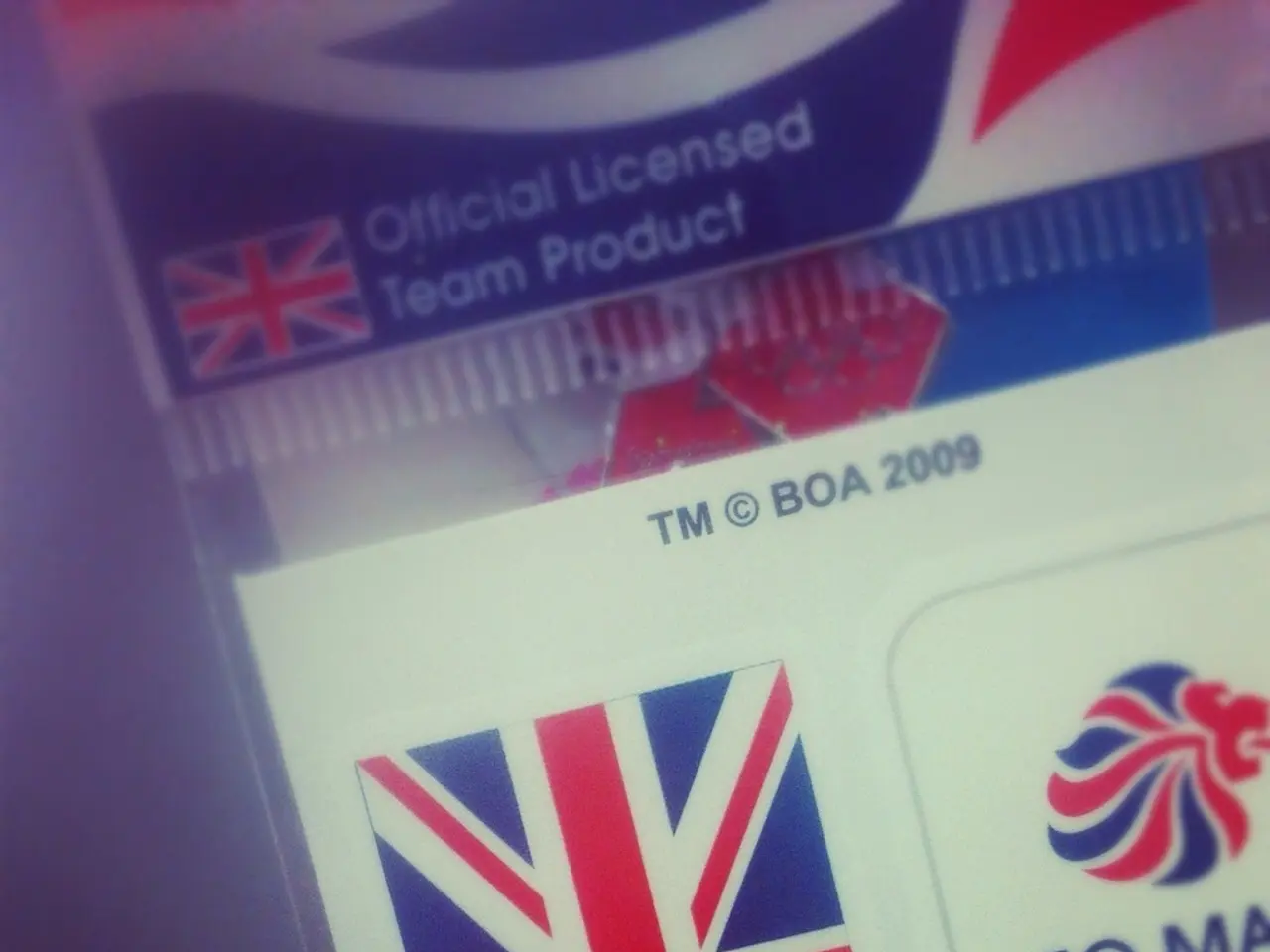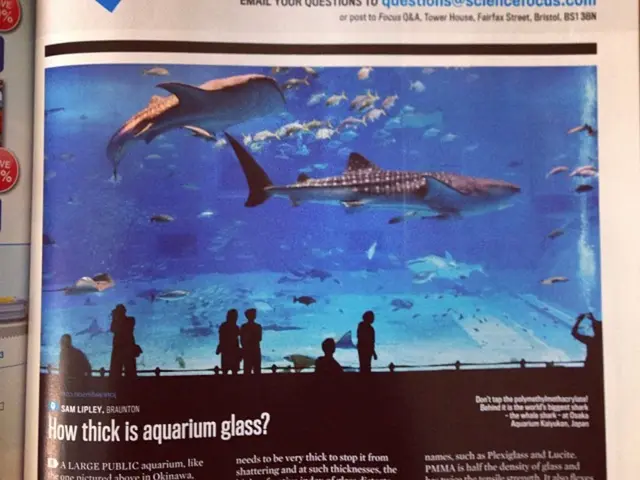Exploring ISO 20022 for a Linked Tomorrow
In a recent panel discussion at Sibos 2024, industry leaders gathered to discuss the future of cross-border payments and trade finance, with a particular focus on the adoption of the new global standard for payment messaging: ISO 20022.
Pamela Mar, Managing Director of ICC Digital Standards Initiative, highlighted the need for governments to update their regulatory frameworks to support trade digitization. She emphasized that ISO 20022 could bridge the gap between non-standard and standard data, making it useful for the non-financial world operating through finance.
One of the key changes in the transition to ISO 20022 is the mandatory recipient verification and the use of XML message formats (camt.052, camt.053) replacing older SWIFT MT formats. German banks and financial institutions have announced this transition, with a firm deadline of October 5, 2025, for implementation in Germany. This move is part of a broader regulatory and technical update including SEPA real-time payments and is supported by Deutsche Kreditwirtschaft and the Deutsche Bundesbank.
However, adopting ISO 20022 still poses significant challenges, particularly for smaller financial institutions due to the cost and internal changes required. Making the necessary changes to update existing and legacy systems as well as resourcing the transition project requires significant investment and organizational commitment.
Michael Spiegel, Global Head of Transaction Banking at Standard Chartered Bank, mentioned that a large number of payment service providers and coin providers are native on ISO 20022, and it can be used to bridge between traditional and decentralized finance. He reiterated that ISO 20022 is the agreed-upon standard and it's essential to drive it forward.
Tsvetanka Nankova, Global Head of Sales Institutional Cash and Trade Finance at Deutsche Bank, shared the benefits of being live on the standard, including a significant improvement in straight through processing ratio of transactions, faster payments for clients, and a significant reduction in false positive hits when it comes to the sanctions screening of transactions.
The panel agreed that achieving a high adoption rate for ISO 20022 is important because banking is a network business, and getting as close to as possible to 100% adoption will be critical in reaping the full benefits of the new standard. Swift asked 175 financial institutions on its network whether they would meet the November 2025 deadline, and all indicated that they were on track, which if correct would represent a shift of 86% of cross-border instructions to ISO 20022.
Despite the optimism, there are concerns about emerging alternatives to ISO 20022 and Swift, and whether they will scale. Tsvetanka Nankova raised this point, questioning whether these alternatives will be able to match the benefits offered by ISO 20022.
The panel also discussed the issue of regulatory harmonization for participants assessing the validity of trade documents. They agreed that there is a huge opportunity to accelerate the digitalization of trade and cross-border payments with richer data, particularly in supply chains, but the complexity of trade makes ISO 20022 a heavy lift.
In conclusion, the adoption of ISO 20022 represents a significant shift in the world of cross-border payments and trade finance. The Swift community has a collective duty to make ISO 20022 happen for the benefits of all participants. As Etienne Bernard, Global Head of Cash Management and Regional Head of Europe at Credit Agricole CIB, emphasized, the efficiency of the operating model is crucial, and a high adoption rate is necessary for efficiency.
Read also:
- Federal solar energy initiatives among Wyoming's tribal communities face varying outcomes following the Trump Administration's withdrawal of funding.
- Construction fleet and urban transport emissions could see a significant reduction with the implementation of biogas as a game-changing solution.
- Fortunately illuminated African mining and port operations now have a potential guard against frequent power outages, with the introduction of a $287,000 network center.
- Strategies to Minimize App Shopping Cart Abandonment: 12 Tried-and-True Methods to Secure the Purchase








